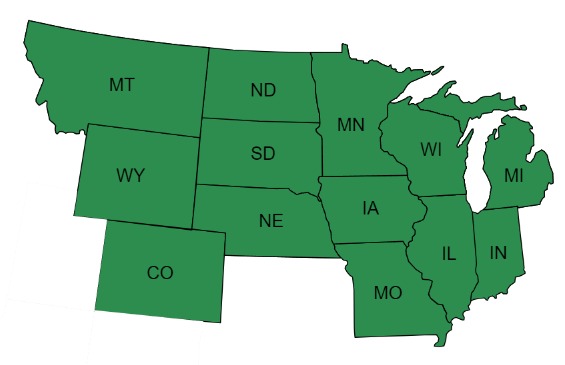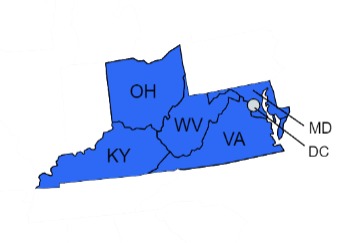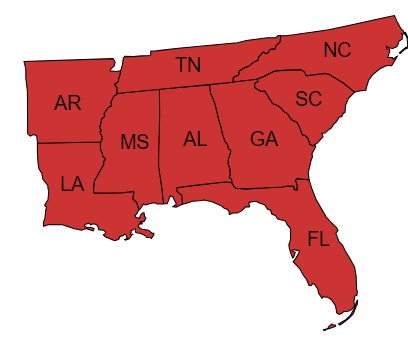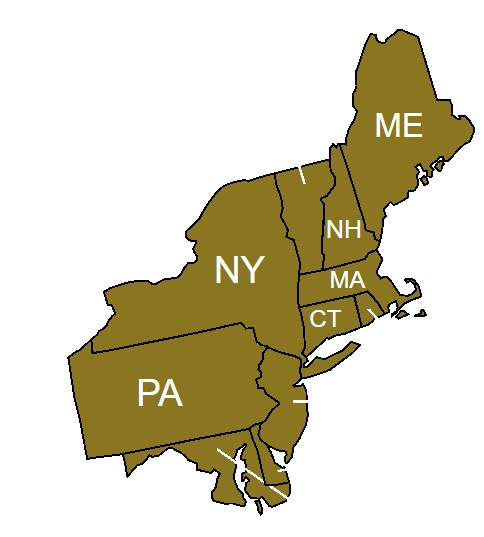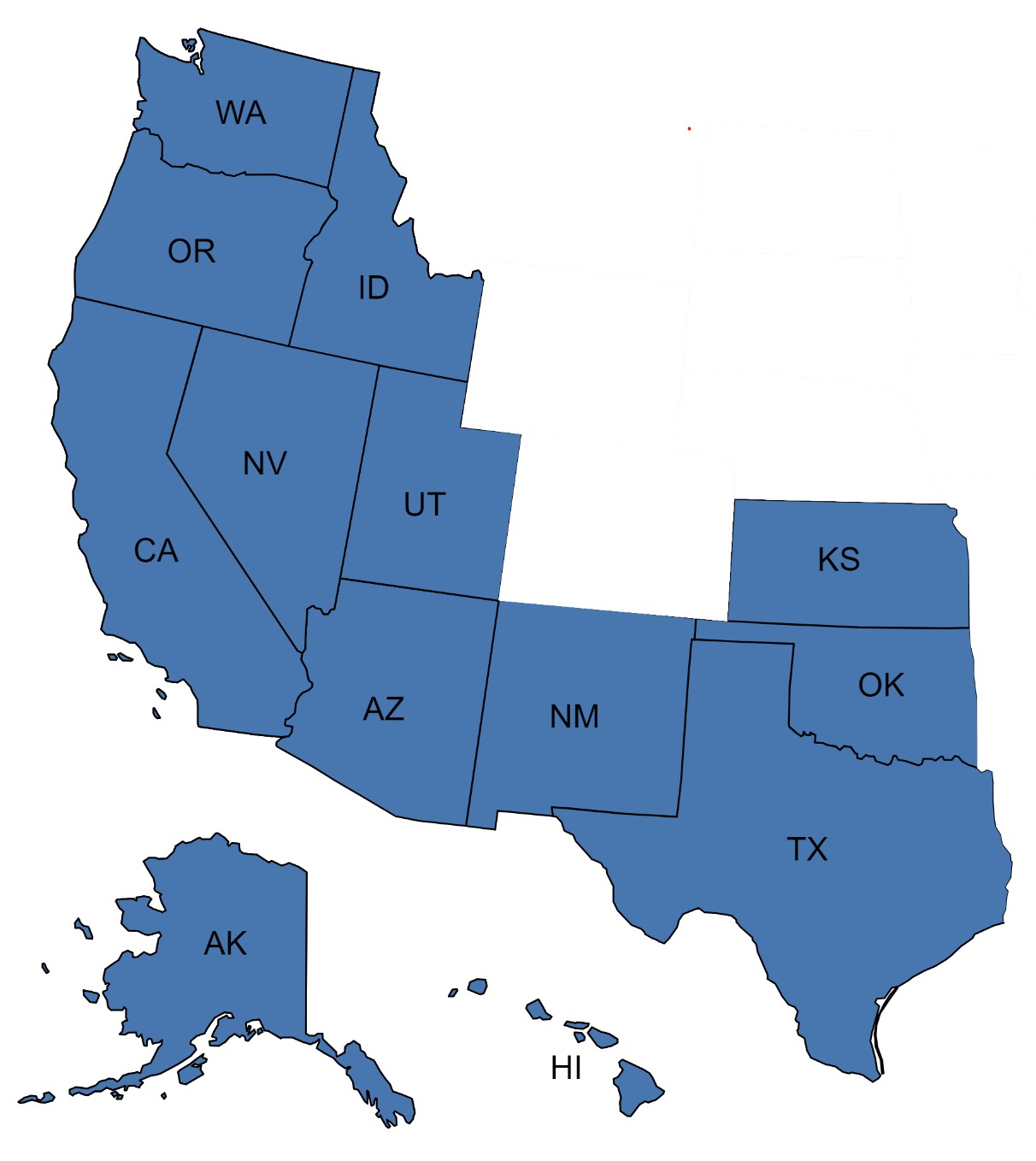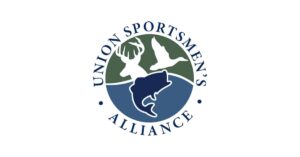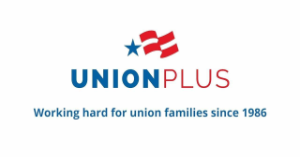Can my employer lay off, discharge or discipline any employees for trying to form a union?
A: No. It is illegal for the company to lay off, discharge or discipline any employees for trying to form a union. It is even illegal if the company threatens any of these, due to union activity. Your rights are protected by the National Labor Relations Act. (NLRA) In 1935, Congress passed this Act, making clear that it is the policy of the United States to encourage collective bargaining by protecting workers' full freedom of association. It’s our legal right as an American citizen to form, join, or assist a labor union.
CLICK HERE TO LEARN MORE ABOUT YOUR RIGHTS
Q: Can my employer ask about my union support, union matters, meetings, etc?
A: No. It’s a violation of the NLRA. For more information on your rights...see below.
Q: Is it illegal for my employer to assign work assignments, create conditions with the intention to get rid of employees because of their union activity?
A: Yes. This is illegal as well. This is a violation of Section 8(a)(3) of the Act. This is known as an Unfair Labor Practice (ULP)
Q: Is my employer allowed to hold scheduled benefits or wage increases because of union activity?
A: It is illegal for your employer to take away, or threaten to take away, any benefits which you already have because of your union activity.
Q: Is it illegal for an employer to threaten to close or move a facility to avoid dealing with a union?
A: Employees are afforded the right to have a FREE CHOICE in deciding whether they want to exercise their right to organize their UNION. Anything that an employer does to interfere with this free choice is against the law. This includes threatening to close or move a facility to avoid dealing with a union.
35 Things Your Employer Cannot Do - Click Image
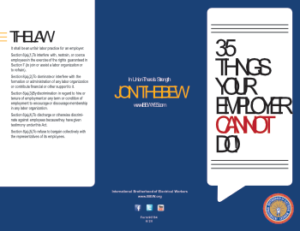
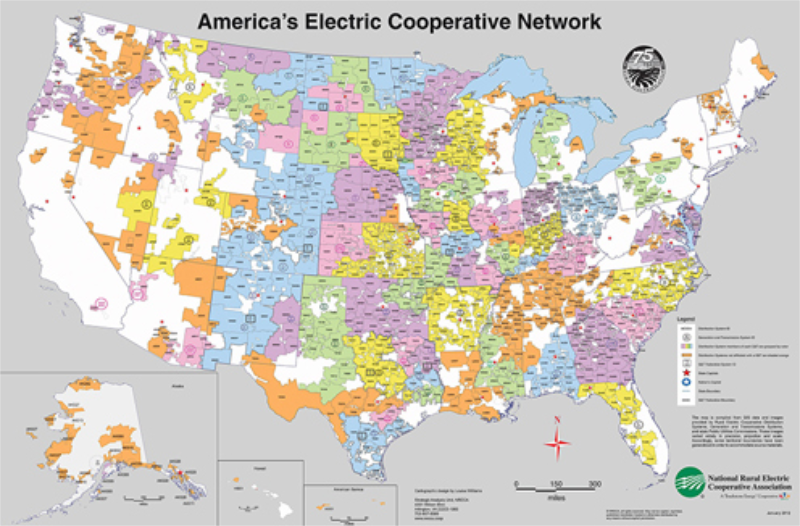
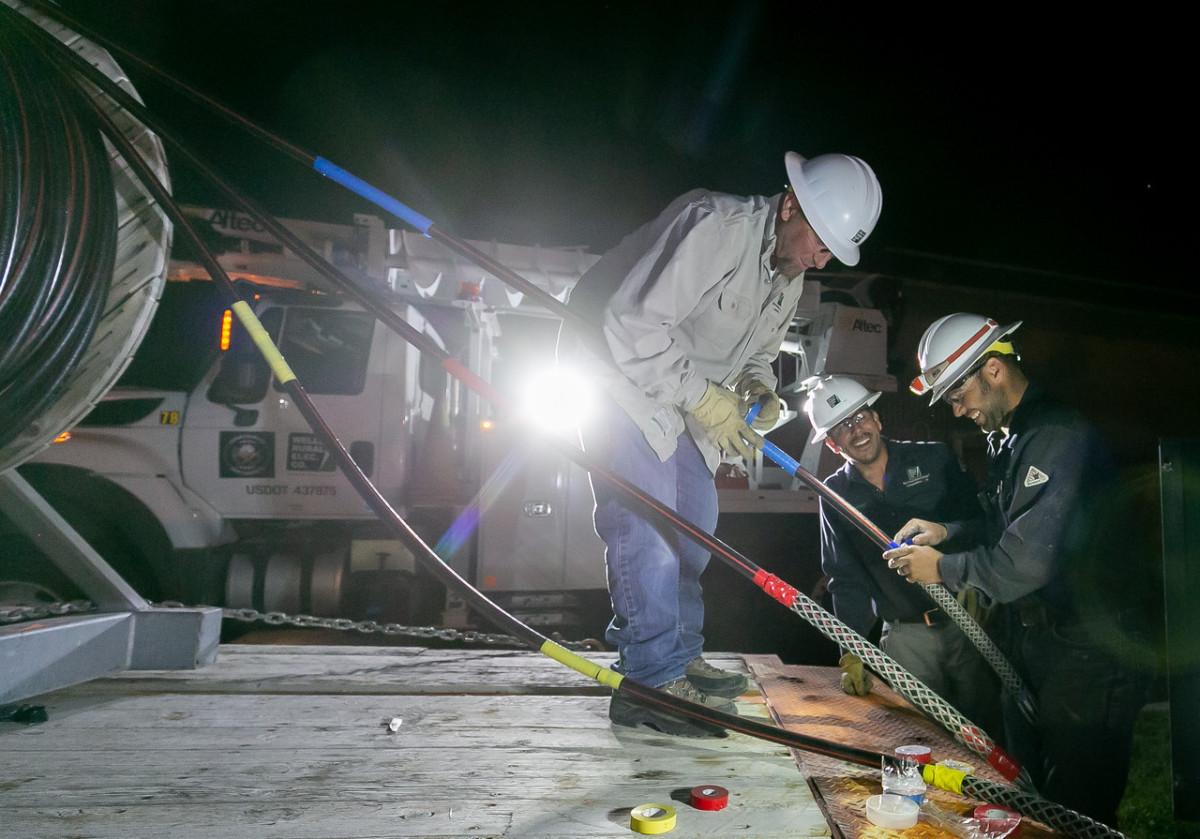

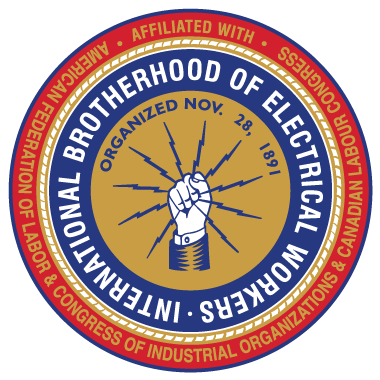
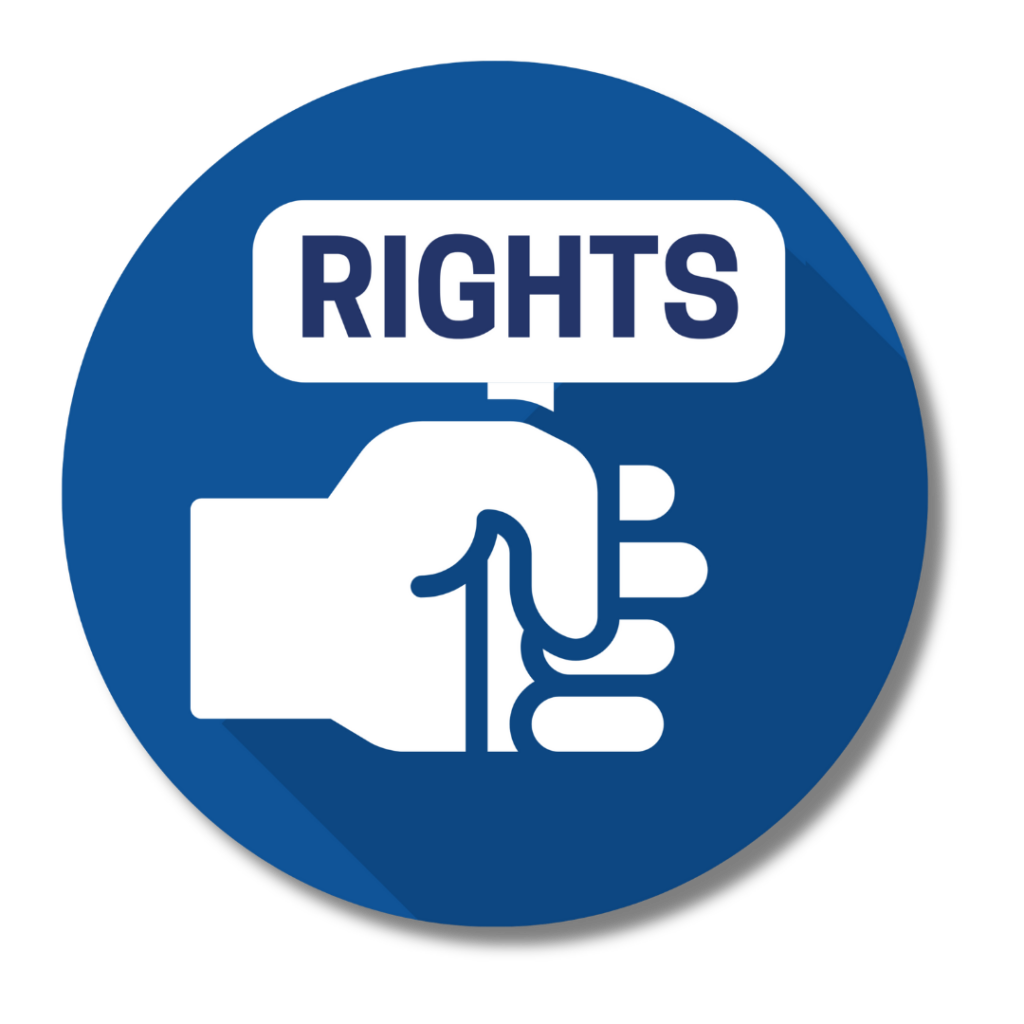




 Read More!
Read More!
